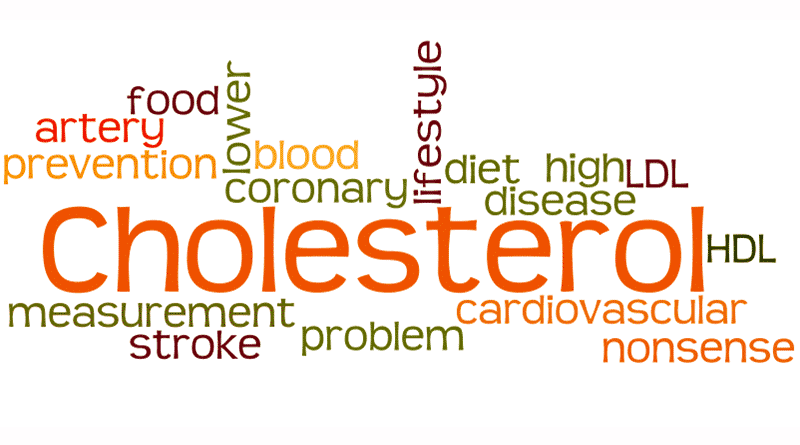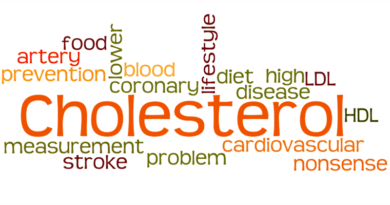LDL-Cholesterol targets following ischemic stroke

Executive summary
* A study was published in the NEMJ in January 2020. It reported on a clinical trial where 2,860 patients – who had had an ischemic stroke – were assigned to two different LDL-cholesterol targets.
* The paper reported that the patients assigned to the lower LDL-cholesterol target group had a lower event rate during the approximately 3.5 years of follow up.
* There were at least a dozen issues with the study:
1) The trial was industry funded;
2) The authors had extensive conflicts of interest;
3) The trial was registered after it started, not before;
4) The trial was stopped early;
5) The trial measured the intended effects, but not side effects;
6) The LDL-cholesterol targets were not achieved;
7) If the LDL-cholesterol targets were not achieved and benefits occurred, they were the result of something else;
8) The primary end points (the key events to be measured) were changed late in the trial with no reason given;
9) The method of allowing for dropouts favoured the lower LDL-cholesterol target group;
10) Few results were significant or generalisable;
11) The data are due to be shared (only?) with the Cholesterol Treatment Trialists;
12) Issues are present related to conflict and competence – and conspiracy?
* This post goes through each of these issues with the conclusion that the peer review process has failed again.
Introduction
Last week’s note was about a non-industry-funded study, which examined thousands of people who had had a heart attack or acute heart failure and the relationship between their LDL-cholesterol levels and subsequent mortality. It found consistent relationships between having higher LDL-cholesterol and a lower risk of dying. These findings were supported by examination of all other studies available on the topic (i.e. systematic review).
This week’s note looks at an industry-funded study, which undertook a randomised trial involving 2,860 people who had had an ischemic stroke. It found that those in the lower LDL-cholesterol target group had fewer cardiovascular events than those in the higher LDL-cholesterol target group.
These two papers – albeit one following heart disease and the other following one type of stroke – appear to contradict each other. What’s going on?
The rest of this article is available to site subscribers, who get access to all articles plus a weekly newsletter.
To continue reading, please login below or sign up for a subscription. Thank you.




